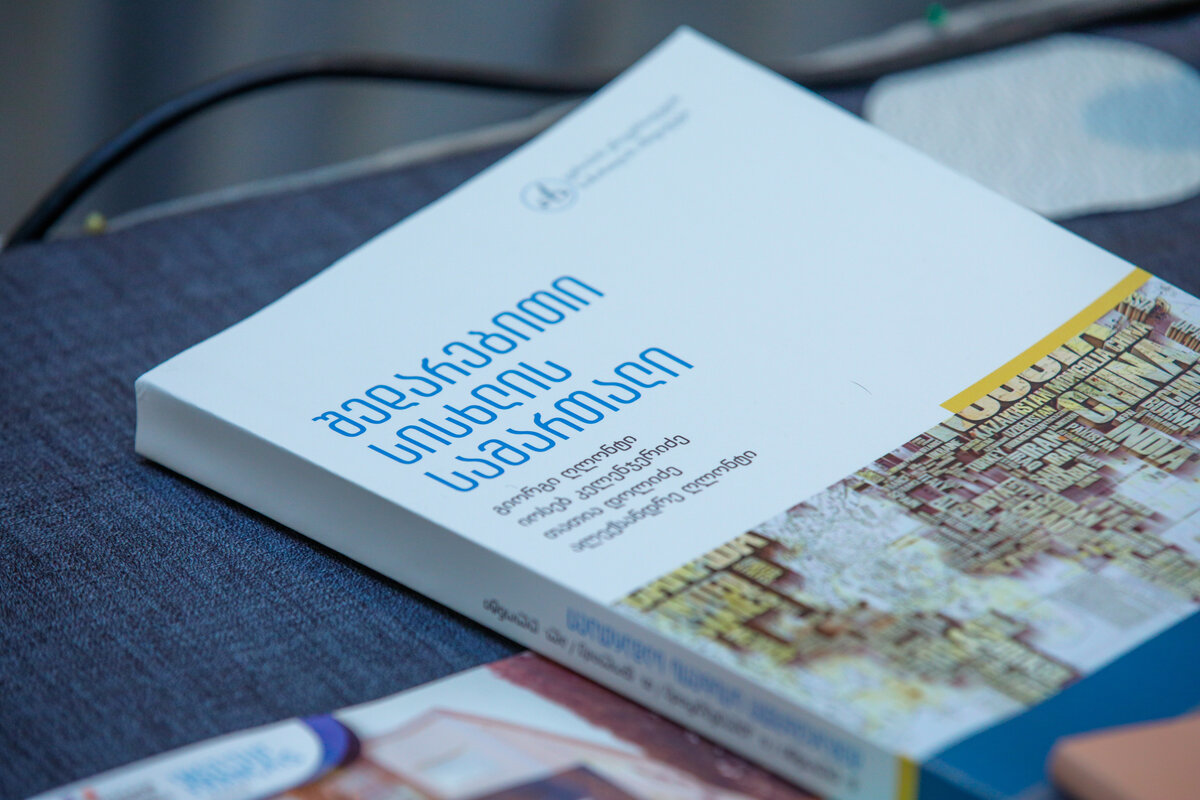
Handbook of Comparative Criminal Law
A new handbook of the European University Institute of Law: "Comparative Criminal Law" has been published. It presents the theory, history and methodology of comparative criminal law, discusses the bases of the common law, jurisprudence of continental and Muslim law families, and features of codification.
On June 23rd, 2022, the book was presented at the conference "International Law in the Face of War" organized by the European University Institute of Law.
The publication of the handbook “Comparative Criminal Law” is an important event for the Georgian legal community, where comparative legal studies are very scarce. Georgian society is not spoiled by comparative studies in the science of law, and as for criminal law, many years have passed since the publication of the Georgian translation of the famous French scientist Jean Pradel's monograph - "Comparative Criminal Law", which still remains the only handbook in Georgian higher education institutions.
Therefore, the creation of a new handbook is a step forward in criminal law science. It aims to introduce law students to the current state and development trends of criminal law in modern states, to develop comparative legal analysis skills and to deeply understand Georgian criminal law as a part of the world's legal system. The course also covers common problems of comparativistics in the field of criminal law and solving practical problems.
The handbook contains not only the author's texts or the course of lectures, but also other material necessary for a thorough study of the subject. In particular, on legislative acts and their commentaries, judicial practice of foreign countries and Georgia, classic legal treatises and modern doctrinal issues, as well as tables and charts that will greatly simplify the process of studying complex and voluminous material.
The handbook is recommended for studying the following courses: "Comparative criminal law", "Criminal law of foreign countries", "Comparative jurisprudence" and is intended for students, doctoral students and professors of the law faculty of higher education institutions.



Comments